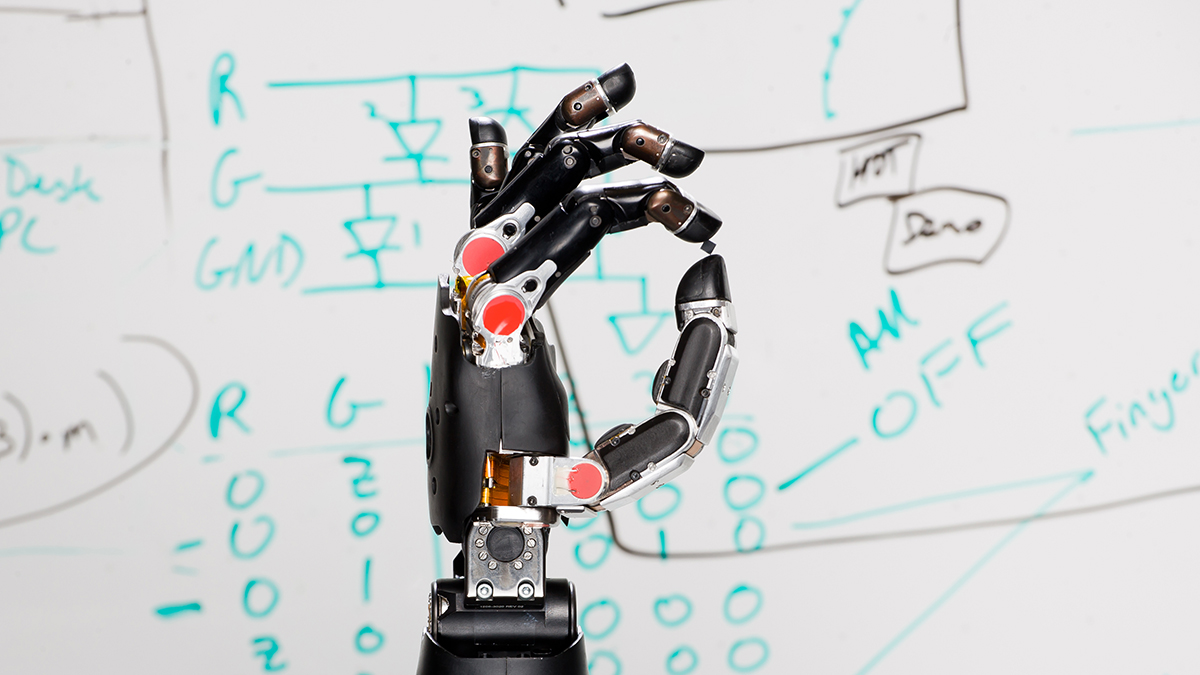How researchers are teaching computers the laws of physics
Balls, blocks and slopes

You may think computers are getting pretty smart when you interact with Siri or Google Now, but there's a lot that artificially intelligent software can't fully grasp yet - like what happens when you let go of an object at the top of a slope, for example.
That's why researchers at MIT's Computer Science and Artificial Intelligence Lab (CSAIL) are developing a computer model called Galileo. It's designed to learn the laws of physics by watching a series of demonstration videos and then predicting what will happen in similar scenarios.
Consider a ball and a block at the top of our aforementioned slope, for example: a human being doesn't need a Physics degree to know that the ball will roll and the block will slide. But a computer needs to be taught that this is how the universe works, and Galileo should help.
Human vs robot
"This is just the first step in imbuing computers with a deeper understanding of dynamic scenes as they unfold," explains Ilker Yildirim, one of the researchers working on the project. Once Galileo has learnt the basics, it should be able to teach itself what will happen in more complex scenarios, based on what it has already learnt.
The CSAIL team fed 150 videos into Galileo and then connected it up with Bullet, a 3D physics engine used to create special effects in movies and video games. This was able to help Galileo test out its theories and approve or reject them as necessary. Galileo can now predict the outcome of certain events as accurately as a human, and you can even put it to the test yourself.
The next step is to introduce more complex elements, including fluids, springs and various other materials. Eventually, the software could feed into developments in robotics and artificial intelligence, the team says - imagine a computer model that was able to predict the physical effects of a tornado ahead of time, for example.
Via Popular Science
Sign up for breaking news, reviews, opinion, top tech deals, and more.

Dave is a freelance tech journalist who has been writing about gadgets, apps and the web for more than two decades. Based out of Stockport, England, on TechRadar you'll find him covering news, features and reviews, particularly for phones, tablets and wearables. Working to ensure our breaking news coverage is the best in the business over weekends, David also has bylines at Gizmodo, T3, PopSci and a few other places besides, as well as being many years editing the likes of PC Explorer and The Hardware Handbook.